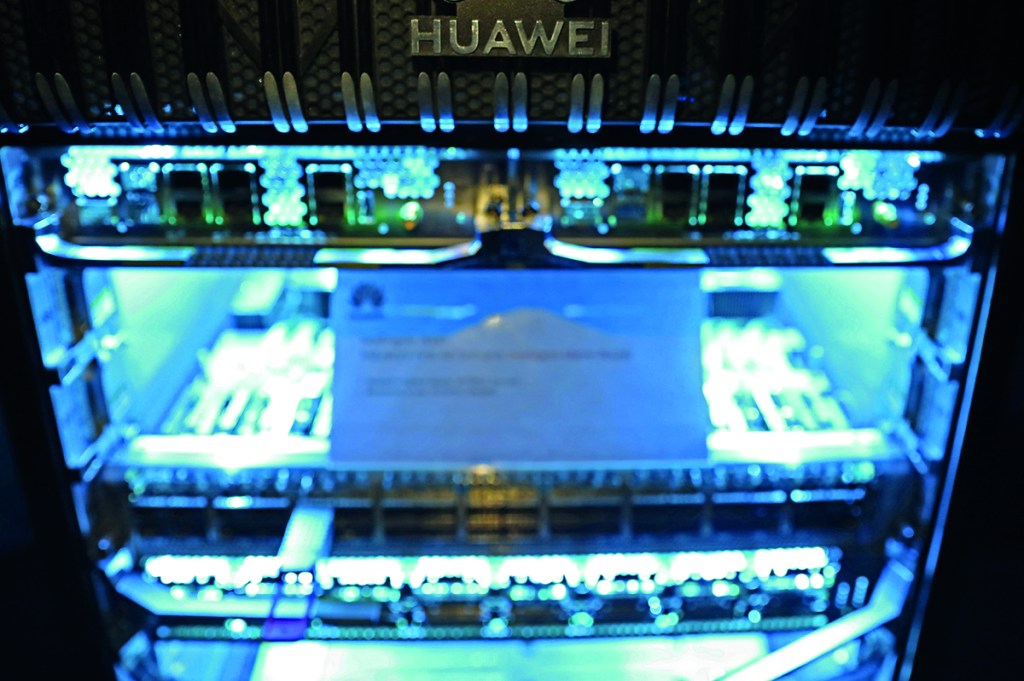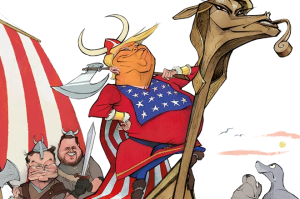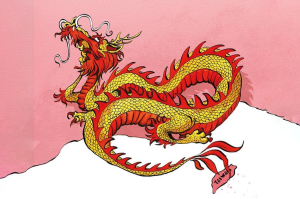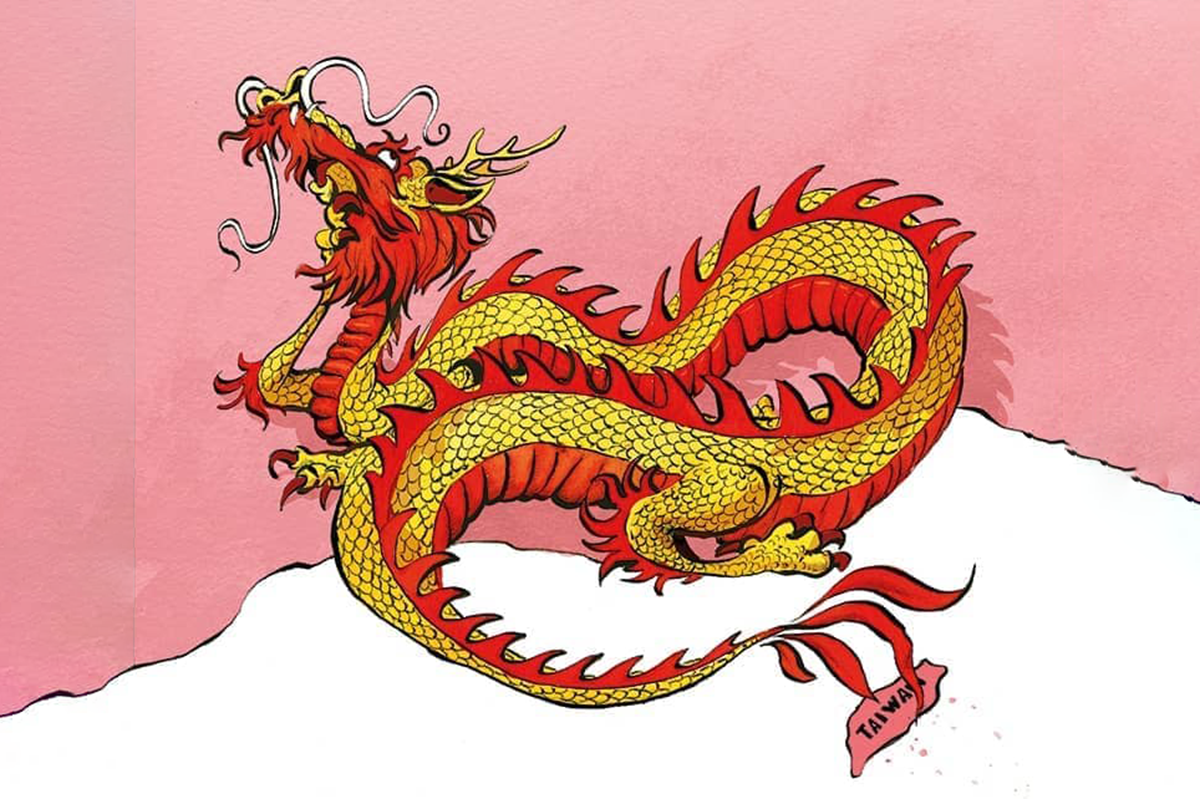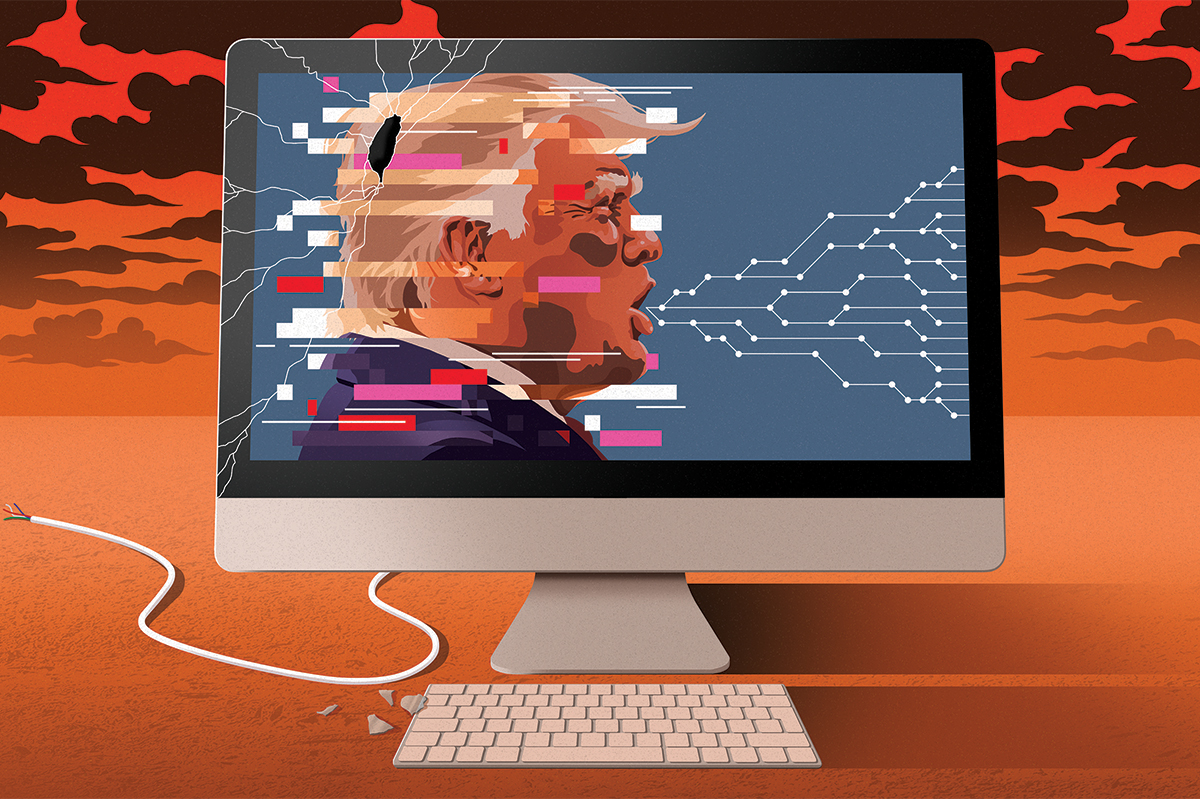To look upon a freshly painted wall is to behold a smooth surface; to look at it through a magnifier is to see a rough and irregular landscape — but turn the magnification up sufficiently and see it become regular again, a geometric matrix of atoms held in molecular bonds. Keep magnifying and you enter the unimaginably messy realm of the subatomic, a weird place of eldritch geometries and smeared-out, probabilistic motion.
The world is smooth and rough, orderly and messy, all at once, depending on how closely you look. In The Tangled Web We Weave, the journalist James Ball — a veteran of both Wikileaks and the Guardian’s original Snowden team — peers at the internet at a variety of magnifications, starting with the physical wires and data centers, moving up the stack through the protocols and the governance mechanisms; the businesses and the businesses that enable the businesses; the surveillance operators and the regulators; and, finally, the loyal opposition — the civil society groups that dream about how wonderful it might be even as they live with the daily nightmare of how terrible it’s all becoming.
Ball’s storytelling mode is familiar to anyone who enjoys ‘narrative non-fiction’ — leavening the necessarily technical exposition about how all this stuff works with personal profiles of the people doing the work. He is a sprightly writer and a master explainer who does very well on the technical side, and he’s also a canny enough observer of the world that he steers clear of the pitfall of lionizing his subjects, making heroic titans of them.
The internet touches every facet of our lives, and every one of the chapters in this book covers an entire specialist degree’s worth of ground, so the detail we get is more representative than comprehensive. But Ball has a gift for choosing which details to bring forth — for example, his chapter on advertising technology (‘ad-tech’) dispenses quickly with the easy arguments about whether or how behavioral advertising is ‘killing the news’ and moves onto real, meaty, thorny questions that are rarely asked in these discussions.
;768:[300×250,336×280,320×100];0:[300×250,320×100,320×50]”]If you pay attention to this stuff you probably know about the ‘real-time auctions’ that take place when you visit a webpage, as the page’s publisher sends your personal information to dozens or hundreds of ad-brokers to see who’ll pay the most to place an ad on that page. But few people appreciate the fact that when this happens, all the losers in that action still come away with new information about you: ‘This person reads the Guardian’ (or the Times or Der Spiegel). Thereafter, these ad-brokers can go to their advertisers and say: ‘I have a comprehensive list of Guardian readers and can advertise to them on places that are cheaper to place ads on than the Guardian itself.’ Is it any surprise that ad rates at the major publications are falling?
This kind of exposition made me like this book, but the broader context it serves made me like it even more. Here I must declare an interest. I know these people. I’ve picketed some of them at their places of work. I’ve helped to sue others. I eulogized one of them at his memorial service and have known another since I was a small child. At one point in his journey, Ball visits my workplace. Based on that intimate knowledge, I think he does an excellent job here of showing how the system works, where its levers of power are, and how they can be moved.
In his concluding chapter, Ball draws an apt comparison between the system of technology and the system of finance. Both are cloaked in complex obscurity, some of it deliberately, performatively dull, the kind of technical bafflegab one deploys if one hopes to commit great crimes and make them seem respectable by dismissing one’s critics as unqualified to venture an opinion.
As economies implode due to the pandemic, taking down those few remaining smaller firms with ties to places and people, we are experiencing a quiet wave of consolidations, in which the free-floating Big Tech firms (flush with tax-free, offshore cash) ‘rescue’ these smaller companies and absorb them, barreling towards a future in which the world can be divided among them like the Great Powers whose peaceful status quo shattered with the Great War.
As we lurch towards that oligarchic stitch-up and its inevitable conflagration, The Tangled Web We Weave could not be more timely. Ball clearly loves this technology he writes about, has empathy for its self-styled guardians and would-be revolutionaries, and fears it too. He knows, as well as any of us, how rotten it is now and how much worse it could become.
;768:[300×250,336×280,320×100];0:[300×250,320×100,320×50]”]This article is in The Spectator’s October 2020 US edition.



